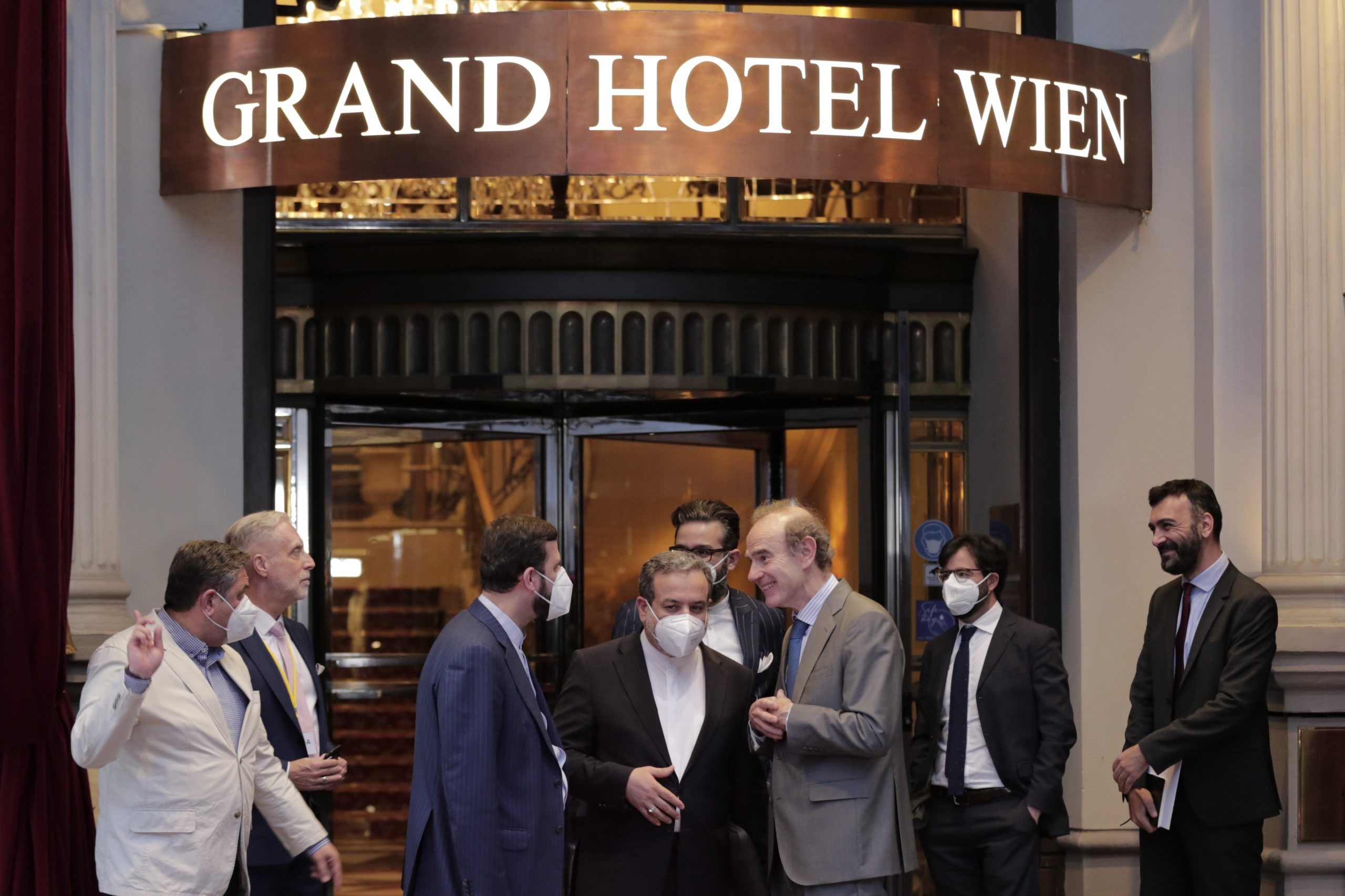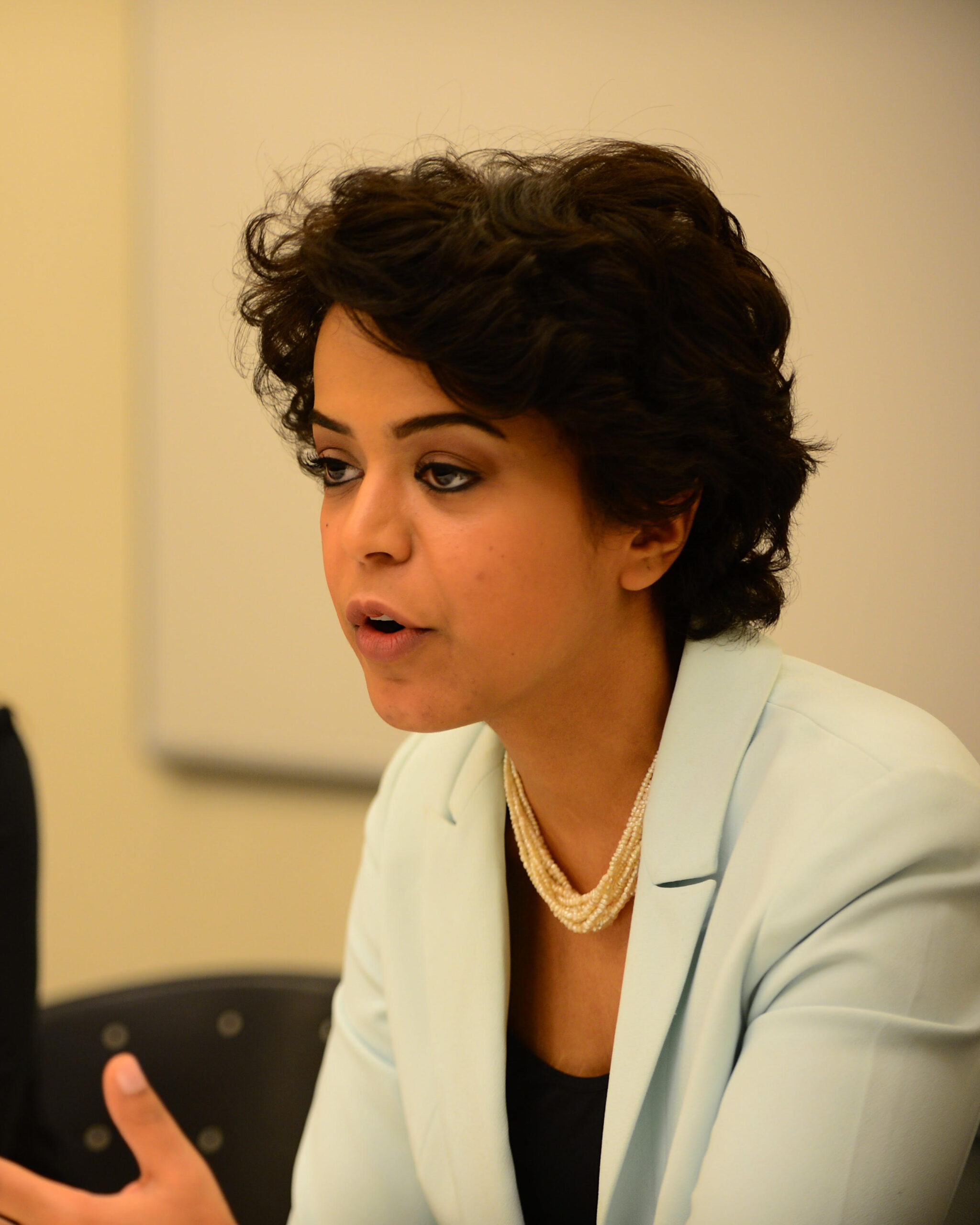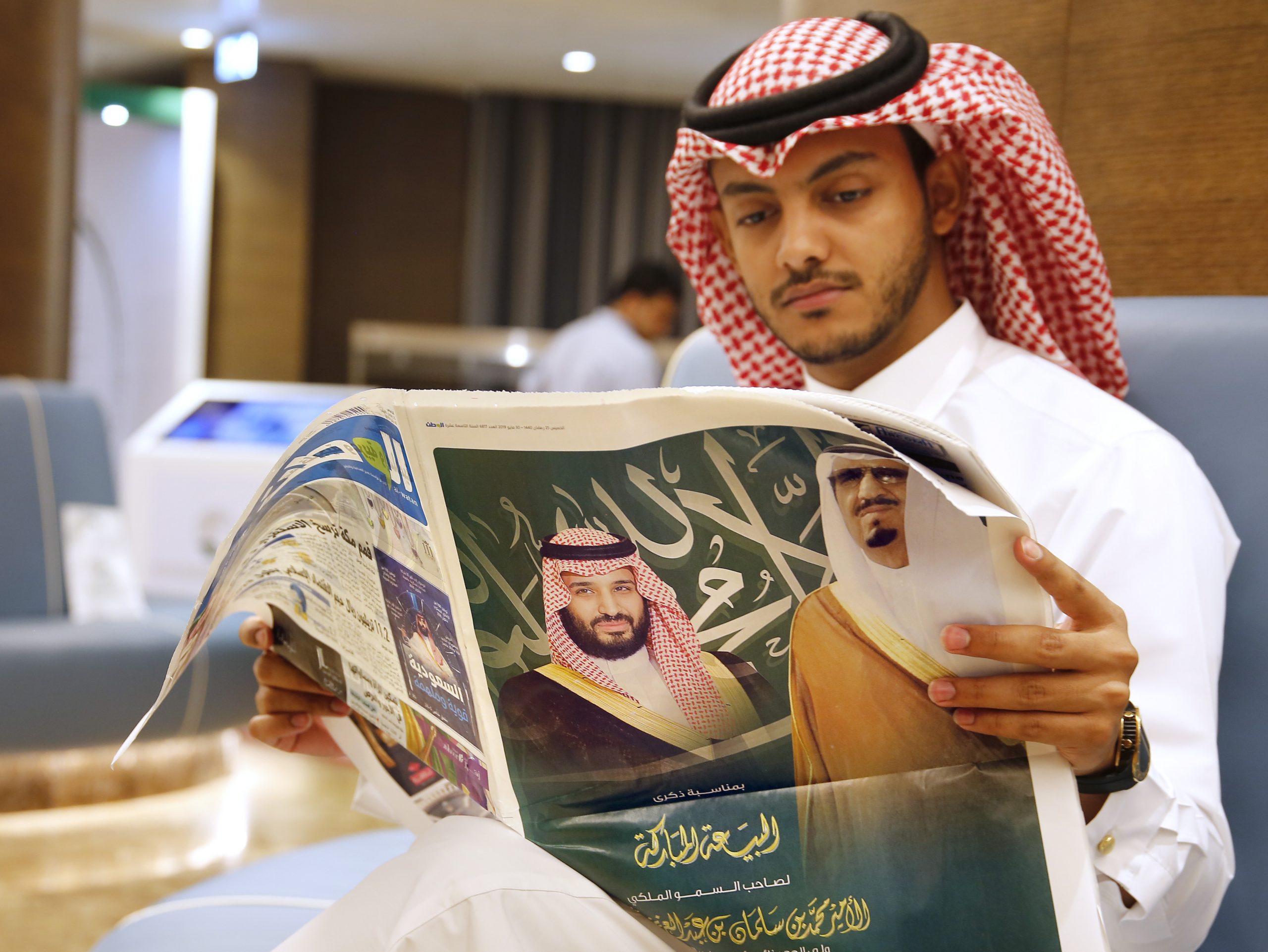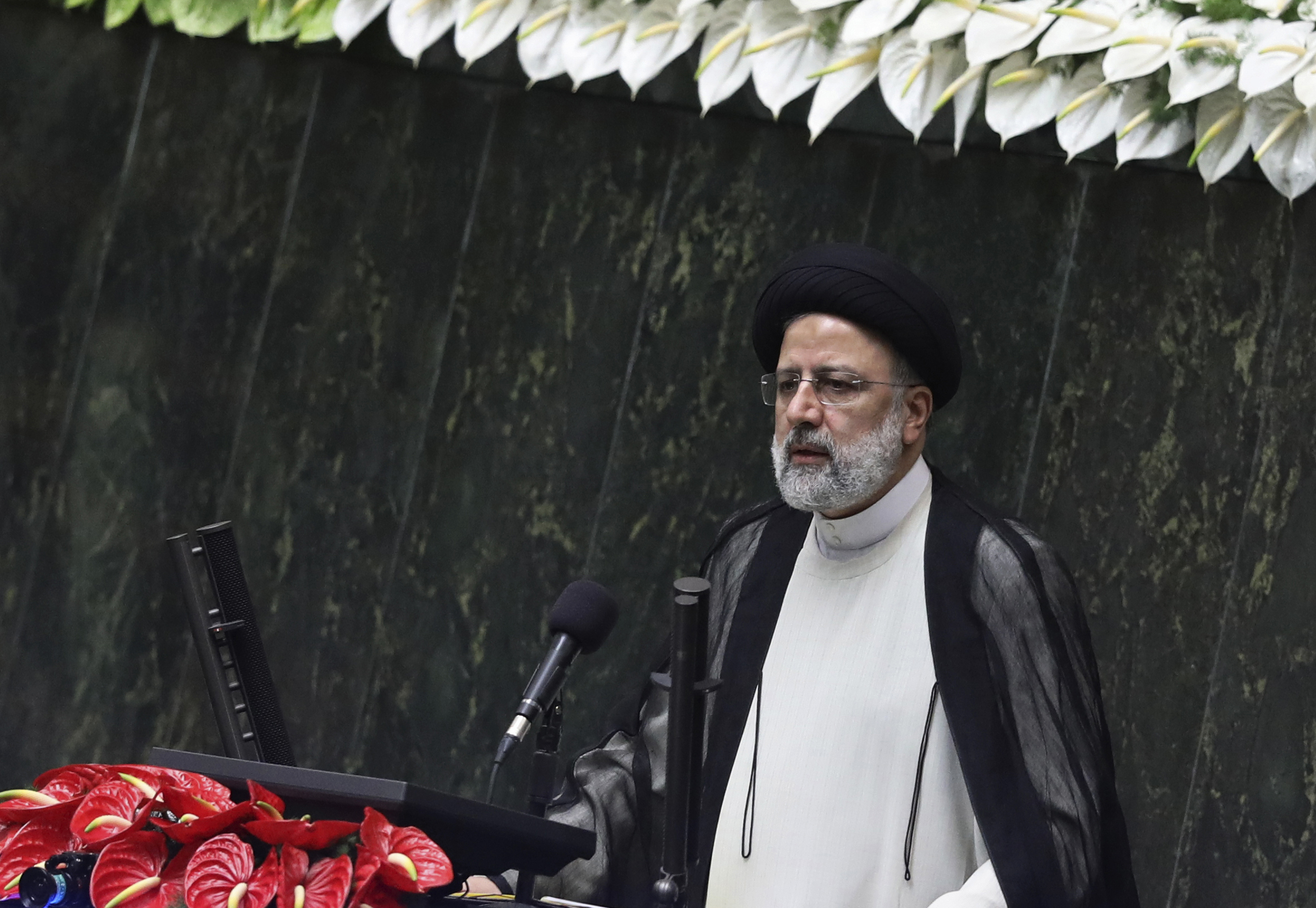Triangular Travails: Iran, the Gulf Arab States, and the United States
Iran and the Gulf Arab states may be sincere in their attempts to reduce regional tensions, but the nuclear crisis casts dark clouds over the region’s security dynamics.

While detente and de-escalation marked relations between Iran and the Gulf Arab states in 2021, the dispute between Tehran and Washington over Iran’s controversial nuclear development program remains unresolved. If that dispute is not resolved in the coming months, it will likely impact Iran’s relations with the Gulf Arab states. In addition, the triangular relations among Iran, the Gulf Arab states, and the United States are likely to shape regional security dynamics in 2022. Key strategic decisions made by these states since former President Donald J. Trump’s May 8, 2018 withdrawal from the Joint Comprehensive Plan of Action nuclear deal put into relief the dire state of those dynamics for the new year.
The Trump administration’s withdrawal from the JCPOA and the ensuing “maximum pressure” campaign against Iran, with the expressed aim of forcing Iran to “change its conduct,” were cheered by Israel, Saudi Arabia, and the United Arab Emirates. The three states found the nuclear agreement ineffectual in thwarting what they perceived as Iran’s ambitions for nuclear capability, which Tehran could use – at their expense – to project greater influence in the region. Furthermore, they advanced the argument that Iran took advantage of the economic benefits afforded by the lifting of sanctions – and lack of restrictions in the agreement – to continue to support its proxies abroad, such as Lebanese Hezbollah and the Houthis in Yemen.
Tehran initially responded to the U.S. withdrawal from the JCPOA by limiting the level of its commitments under the nuclear agreement but remained within its framework. As for the regional supporters of the U.S. move, Tehran largely ignored them, although former Iranian President Hassan Rouhani on December 4, 2018 issued a veiled warning: “If one day they want to prevent the export of Iran’s oil, then no oil will be exported from the Persian Gulf.” It took Trump’s April 22, 2019 declaration of intent to “bring Iran’s oil exports to zero” for Iran to change its conduct, but it turned out for the worse. Iran was implicated in attacks in 2019 against UAE-related commercial shipping in May and June, a U.S. aerial drone in June, and Saudi oil processing facilities in September. On the other hand, Israel, whose leaders boasted of convincing Trump to quit the Iran nuclear deal and systematically bombed Iranian military positions in Syria, was not targeted by Iran.
Why did Iran primarily target the UAE and Saudi Arabia rather than the United States and Israel? Tehran never took formal responsibility for the attacks, let alone disclose its strategic considerations, but the perceived unwillingness of the Gulf Arab states to retaliate against the attacks and risk war with Iran must have shaped Iran’s calculus. Soon, it became apparent that the United States too was disinclined to entangle itself in a war with Iran. “That was an attack on Saudi Arabia, and that wasn’t an attack on us,” Trump famously said in his first public comments following the 2019 attacks in Saudi Arabia. Had the attacks been directed against Israel, Tehran could not have expected a similar degree of restraint from the Israelis.
Tehran may also have been motivated by its lack of an effective lobby in Washington, advocating against the “maximum pressure” campaign. By targeting the Gulf Arab states, Tehran hoped to turn them into advocates for dismantling the comprehensive U.S. sanctions regime against Iran.
In the wake of the attacks, the UAE moved to calm tensions, leading to an Emirati Coast Guard delegation visiting Iran in July 2019, increased economic cooperation between the two states in violation of U.S. sanctions, and the Emirati national security advisor’s visit to Tehran in December 2021. Saudi Arabia and Iran also engaged in several rounds of talks hosted by the Iraqi government to reduce tensions.
While Iran and the Gulf Arab states may be sincere in their attempts to reduce regional tensions, dark clouds remain over the region’s security dynamics. With stalled nuclear negotiations between Tehran and Washington, Iran may repeat the well-known pattern of targeting the UAE and Saudi Arabia, in an attempt to impose indirect pressure on the United States. The United States, for its part, is committed to nuclear nonproliferation and demands enforcement of economic sanctions against Iran, yet it remains unwilling to entangle itself in a war with Iran over Iran’s big and small attacks against Arab enforcers of those sanctions. This hardly bodes well for regional security dynamics in the new year.
The views represented herein are the author's or speaker's own and do not necessarily reflect the views of AGSI, its staff, or its board of directors.





















